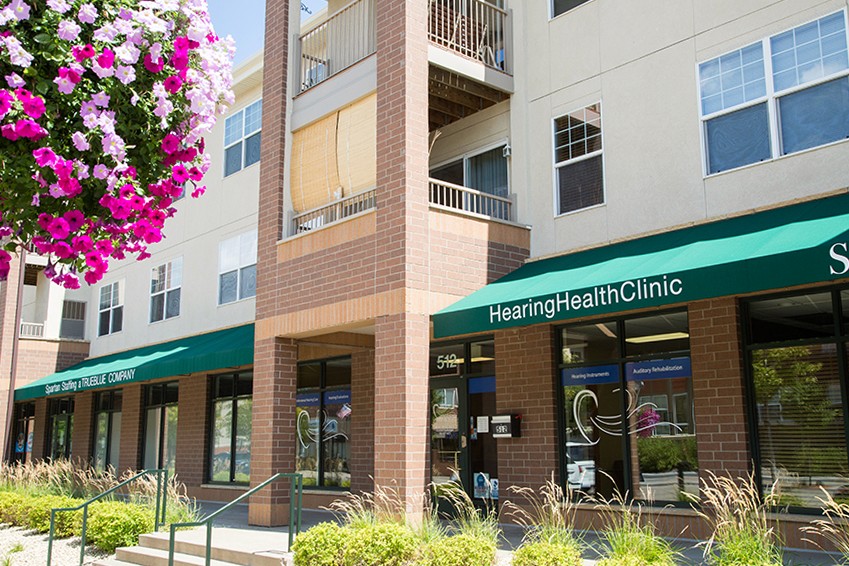Moving with the times
When you think of hearing aids, chances are that you imagine an off-pink or beige device that doesn’t look too pretty buzzing behind your parent’s or grandparent’s ear, constantly getting fiddled with and causing stress or discomfort.
While these negative stigmas of hearing aids are trying to cling on today, that bad image is slowly fading. Modern-day hearing aids are not only more powerful (no more buzzing!) but they’re also significantly smaller, and unless someone knows for a fact you’re wearing one, they won’t be able to see it at all.
If you’re struggling with hearing challenges, hearing aids could make a world of difference to not just your hearing health, but your entire body. Untreated hearing loss has been linked to balance disorders, cognitive decline, dementia, and more—moderate those risks by taking charge of your hearing health.
Styles of Hearing Aids
Hearing aids come in a variety of styles, each designed to meet different hearing needs, lifestyle preferences, and aesthetic choices. From virtually invisible designs to more traditional options, modern hearing aids combine functionality and comfort with advanced technology. Here’s an overview of the most common styles:
FAQs About
Hearing Aids
Often it's the small questions that hold us back from making progress. Here's some of the most common
Where Can I Find Hearing Aids Near Me?
For hearing aids around the Osseo and Twin Cities areas, look no further.
You’ll work with a top-tier team of audiologists who are passionate about seeing the best results for your hearing health.
Our collection of advanced hearing aid technology combined with the passion and knowledge of professionals will ensure that your hearing will be stronger than ever before.
For more information about hearing aids, or if you have questions you’d like answered before starting your hearing health journey, fill in this form and we’ll get in touch with you as soon as we can to help.











